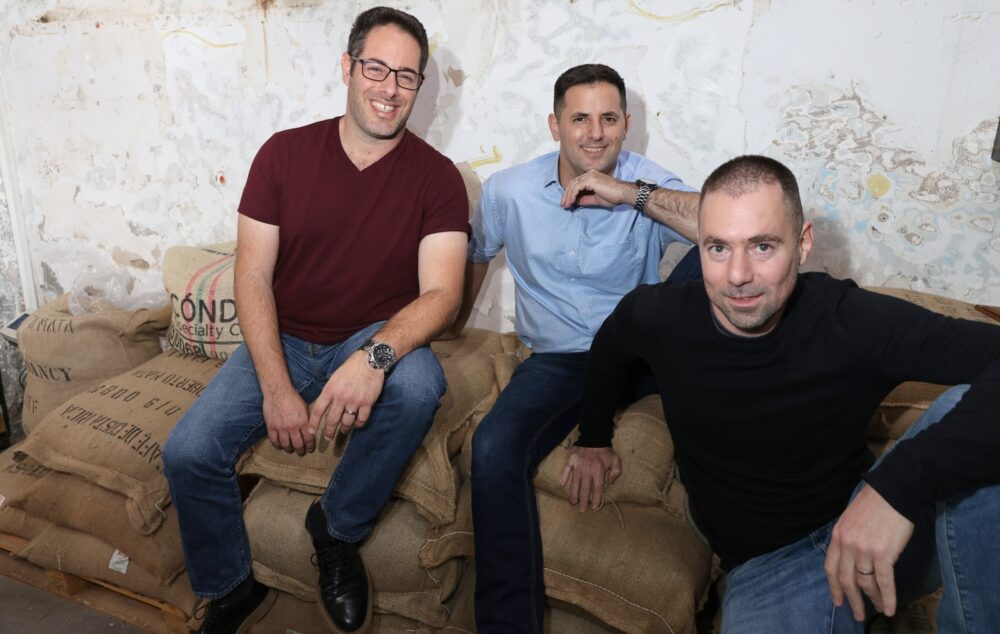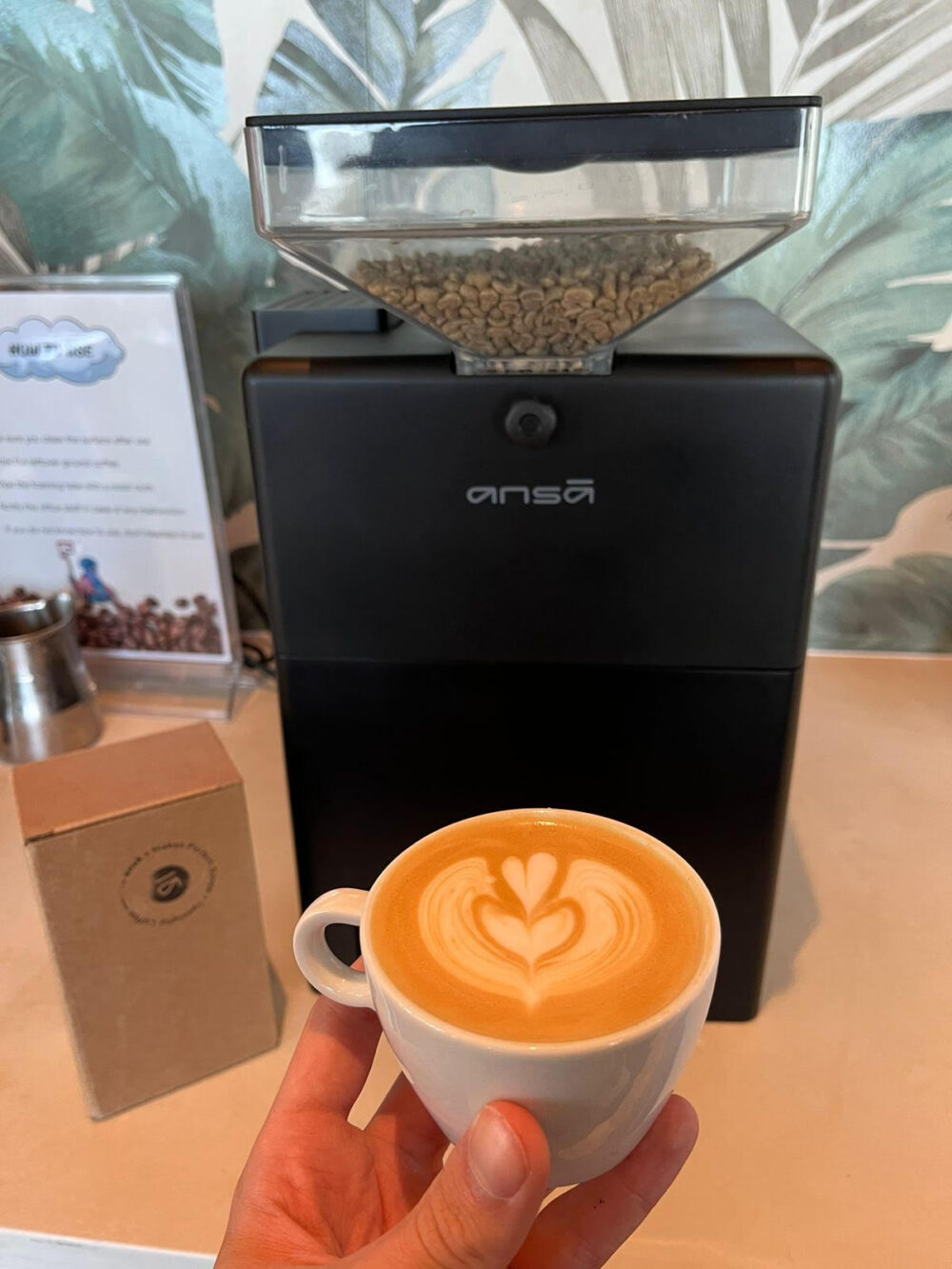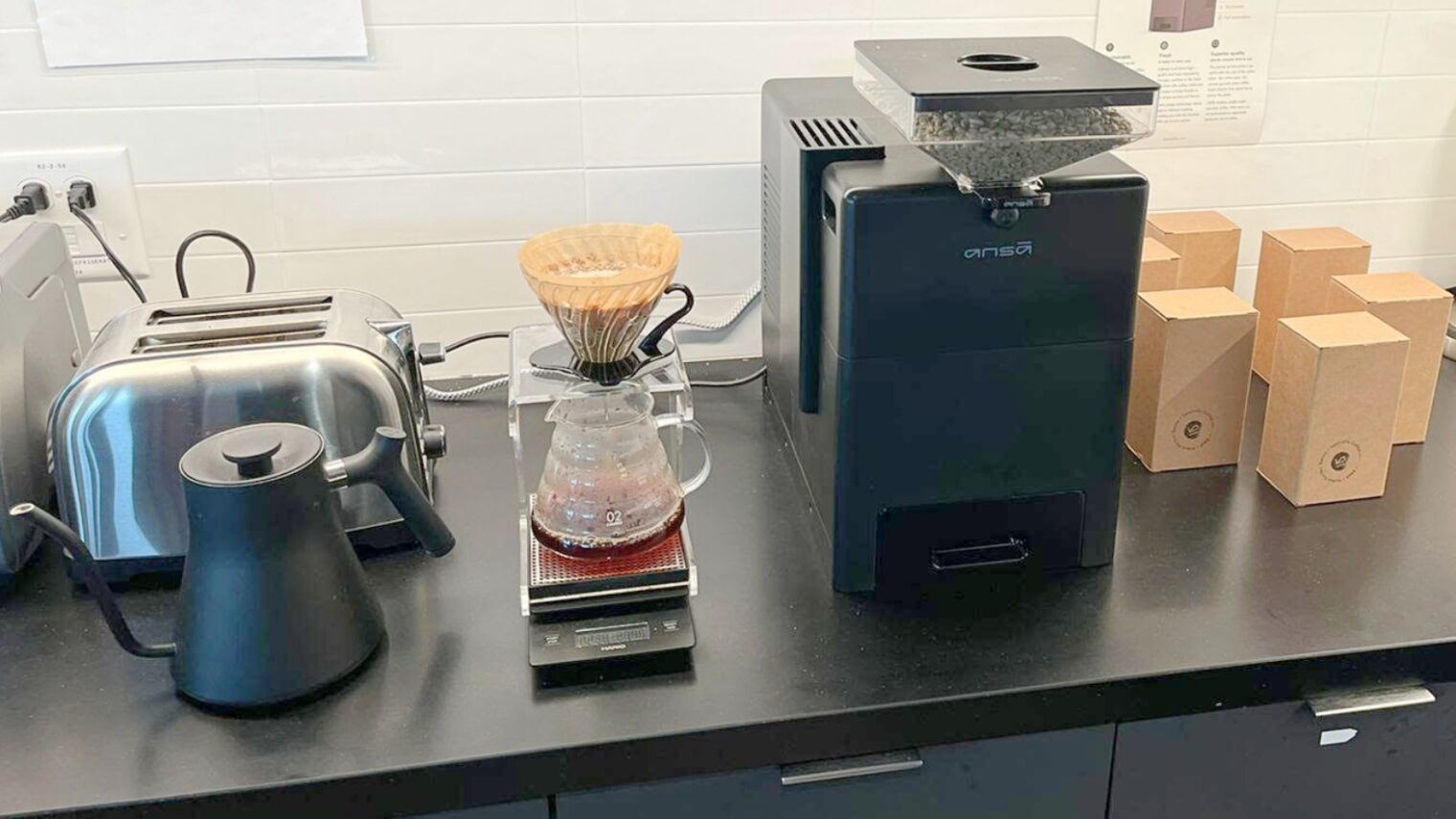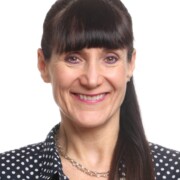The word ansā means “the answer” in Japanese. The founders of the Israeli coffee-tech startup company of the same name believe they have the answer to the ultimate coffee question: Can you create a solution for coffee consumption that is both sustainable and viable?
The answer is yes, according to the three founders, Matan Scharf, Yuval Weisglass and Jonathan Scharf.
They have created a fully automatic micro-roaster that provides on-demand roasting just before the cup of coffee is made. The countertop machine has AI for a balanced and homogenized roast and sensors that monitor progress in real time.
Jonathan Scharf, known as the coffee guy at ansā, established the first espresso bar chain in Costa Rica and was one of the pioneers in the world of specialty coffee.
After returning to Israel, he started MAE, a coffee-sourcing and importing enterprise, which is the operation behind a wholesale, retail and online coffee business.

He then teamed up with his brother, Matan, chief marketing officer, who previously held senior management positions at global enterprises such as Check Point and Harman.
Weisglass, the third founder and CEO, previously cofounded TowerSec, the world’s first cyber solutions company for vehicles, which Harman acquired in 2016.
Freshest cup
Ayelet Dar Wohl, ansā’s director of marketing, says, the company’s technology for coffee roasting “reduces environmental impact, waste and labor inequality, and produces the freshest cup of coffee you’ve ever had.”
“Currently, coffee beans that are grown in farms are then shipped to industrial facilities where they are roasted and packaged,” Wohl says.
The beans are shipped again, this time to customers around the globe where they are ground, brewed and consumed, sometimes months or even years after roasting.
Wohl explains that ansā’s revolutionary concept of on-demand roasting will lead to shipping fresh, raw beans just once, “from farm to cup,” a far more sustainable and ecofriendly framework for coffee commerce.
Shipping raw (also known as green) beans, rather than roasted beans, makes it possible to adopt fully recyclable packaging, adding another level of sustainability.
Micro-roaster

What makes this coffee revolution possible? The patent-pending technology of the ansā micro-roaster, claims Wohl.
“Traditional coffee roasting ovens roast the bean from the outside in,” says Wohl. “ansā’s innovative roaster does the exact opposite, roasting the beans from the core to their shell.”
The micro-roaster uses AI to control the roasting process for each type of bean, with no unpleasant odor, noise, smoke or heat that are unavoidable byproducts of industrial roasting.
ansā offers both the roasting equipment and the steady supply of raw coffee beans, making it a vertically integrated solution provider.
“We employ strict direct sourcing practices, purchasing the beans directly from producers who grow specialty 100 percent Arabica single-origin beans in Central and South America,” says Wohl.
“These direct sourcing practices guarantee that we receive the highest quality of beans offered, and, in exchange, the producers get the fair share for their hard labor.”
A portfolio company of Millenium Food-Tech, ansā has made its solution available to workplaces throughout the United States on a monthly subscription basis.

















